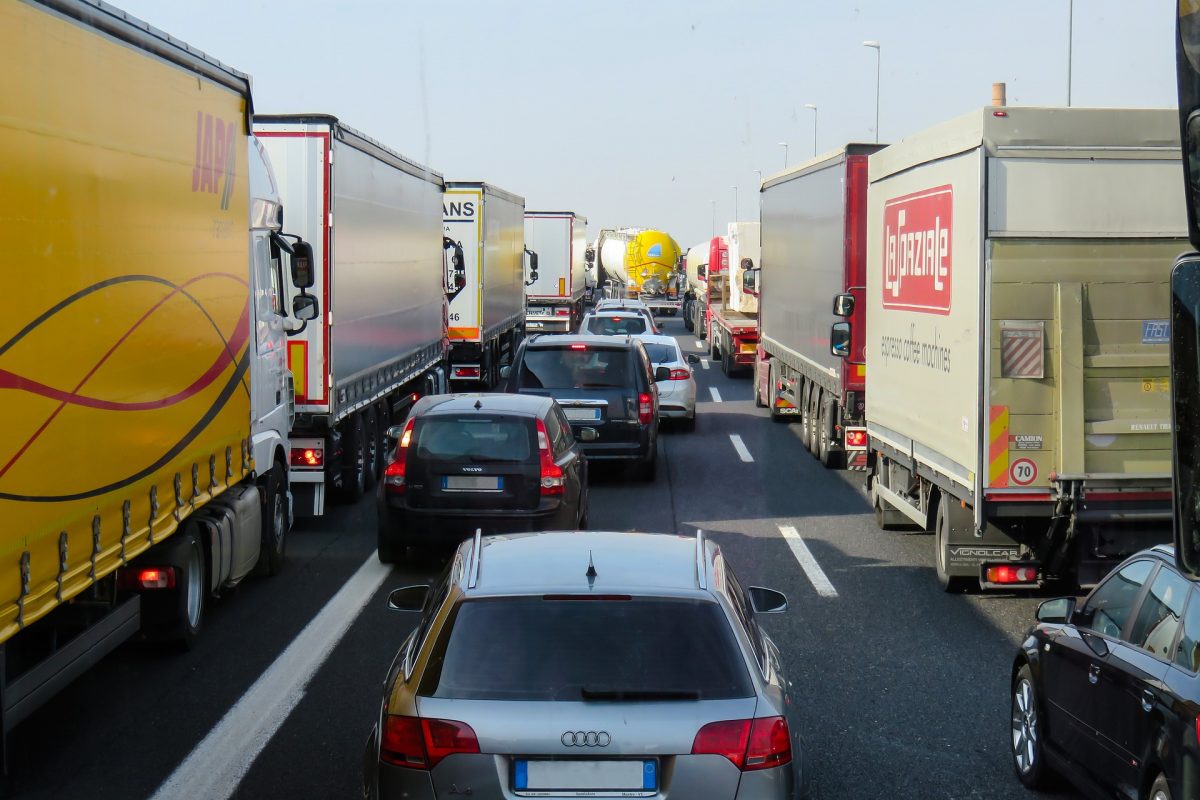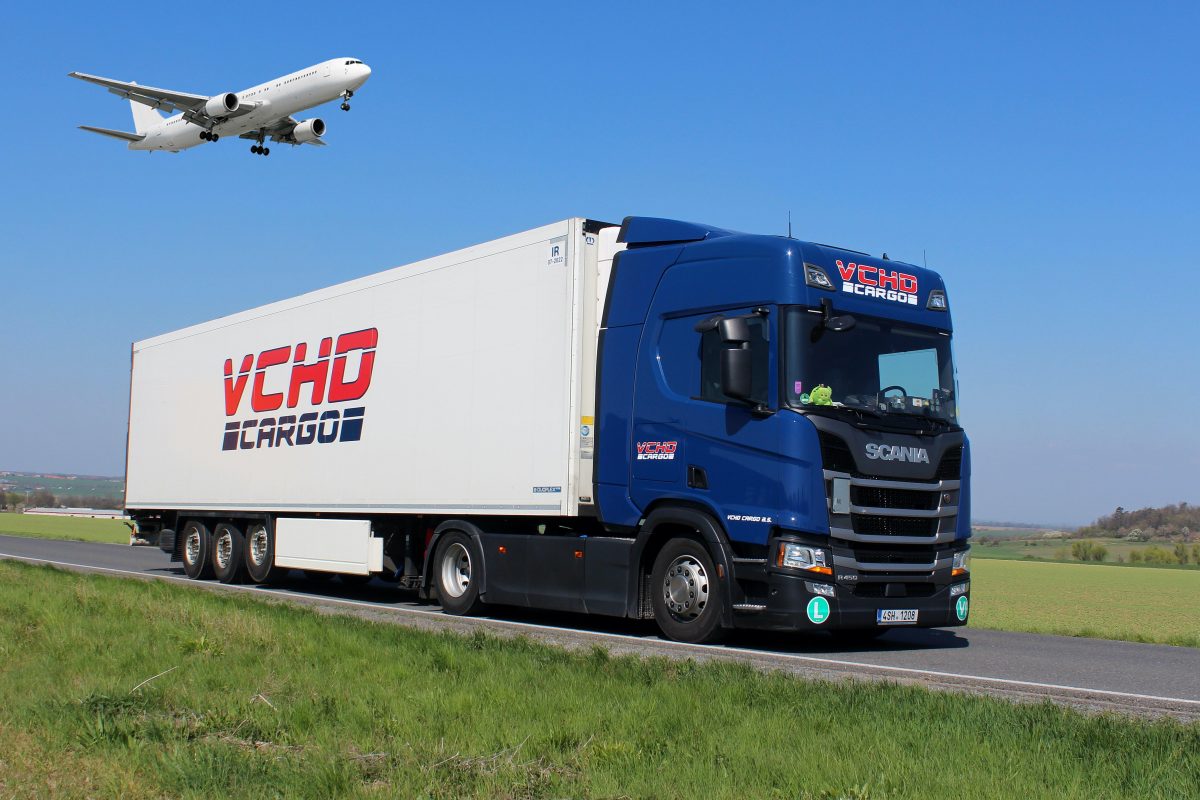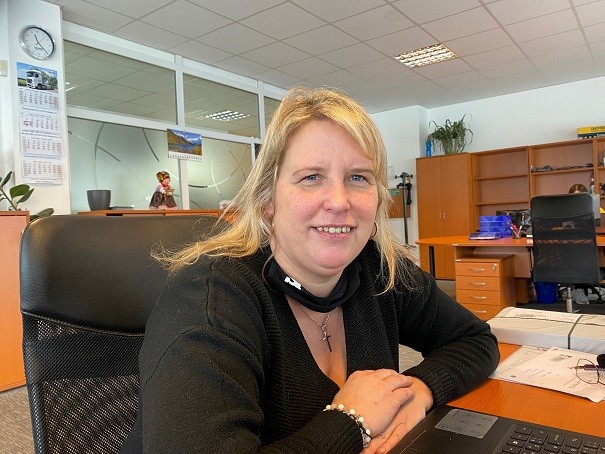VCHD Cargo has a fleet of more than 160 vehicles, most of them used on international lines. Since Germany has recently included the Czech Republic in a list of high-risk countries due to the spread of new coronavirus (COVID 19) mutations and a high number of new cases, VCHD Cargo now has to face complications with cross border traffic. As of February 15, 2021, all border crossing points on the Czech-German border check driver’s authorisation for entry into the country and require recent coronavirus tests. No exemptions are made for professional international truck drivers. “This week, we expect widespread delays on our international cargo lines. The situation has further complicated the already unenviable job of our drivers who put their own health at risk to make sure our societies have the goods and products that they need,” says Ing. Petr Kozel, CEO and Chairman of VCHD Cargo a.s., explaining the consequences of the new measures implemented on the Czech-German border:
- “There are practically no facilities (with the exception of Prague) that administer antigen tests in late evening or at night, which is a huge complication for our drivers.
- With the exception of border crossings, all testing points require an appointment at a specific time. Unfortunately, delays on the road mean that we can schedule the precise time and place of a test appointment two days in advance for only a minority of our drivers.
- There are 2-3 hour queues at testing points at border crossings. What this means for drivers is that they have to spend the majority of their compulsory break queuing to get a COVID-19 test.
- Testing points at border crossings offer very limited restroom and bathroom facilities for drivers.
- Although fast lanes for truck drivers with antigen tests were promised they are more often than not absent or do not work properly.”
The overall effect of the above challenges is a huge, often unpredictable delay. This is the biggest problem for us. We have specific loading and unloading time slots with our customers. Furthermore, the swapbody system works on the principle of meeting points halfway on the line where two trucks meet and easily swap their cargo. This saves both money and time but a delay of one line inevitably means delays further down the line. This in turn impacts the availability of both trucks and drivers, a profession that has been heavily exposed to the virus risk since the start of the pandemic and has been faced with increasing demands in terms of public health and special regime measures.





